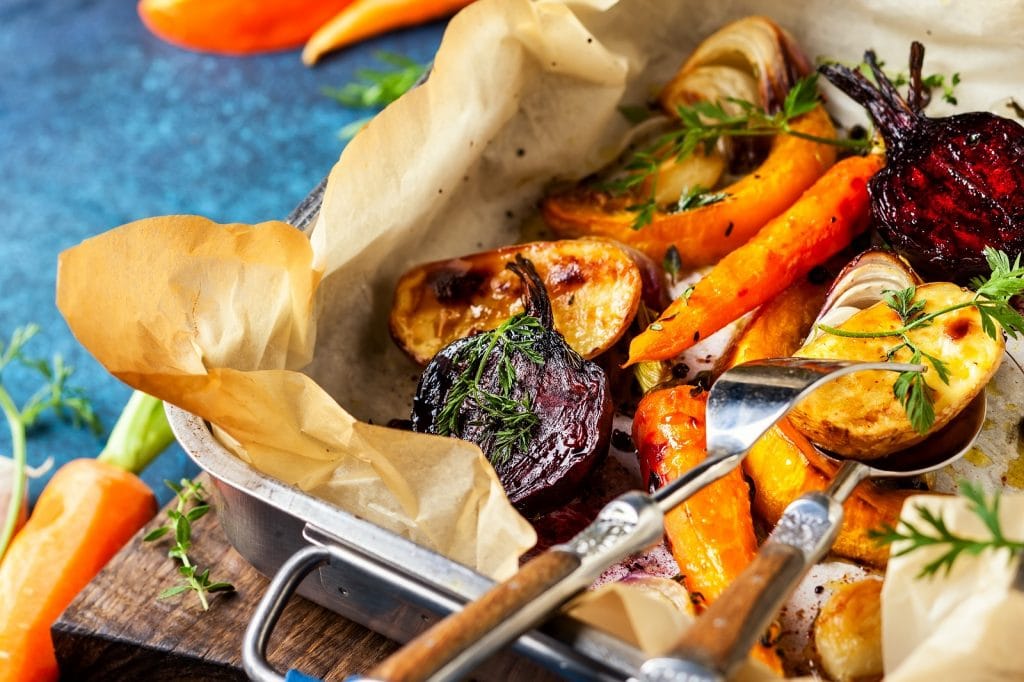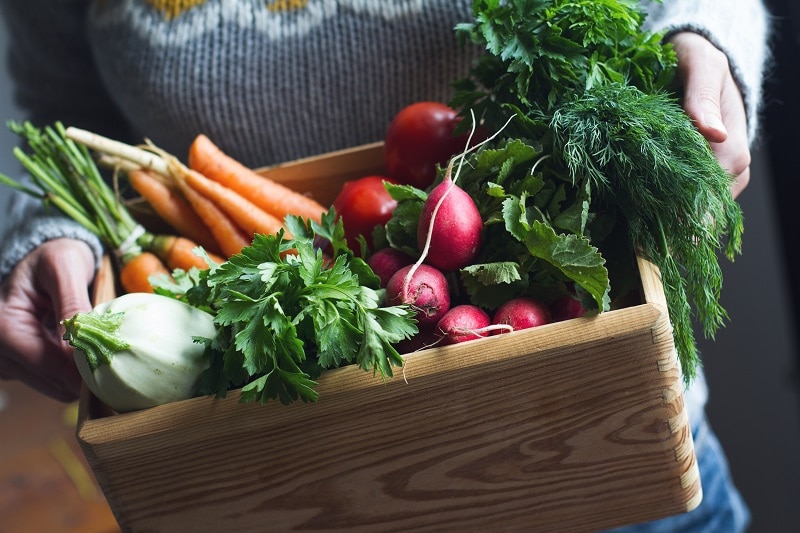Perth Winter Vegetable Bed Gardening Tips
 Winter has arrived in the Perth area and that means cold weather vegetable gardening time.
Winter has arrived in the Perth area and that means cold weather vegetable gardening time.
Yes, most people think that gardening is a seasonal task, and that winter is not the season for growing. Maybe that is true for some of the coldest climates around the globe. But, in the Perth area, winter is an amazing time for winter vegetable gardening.
Unlike the warmer times of the year, winter planting does require some additional attention to soil preparation, watering, and mulching.
With the right preparation of soil mixtures and blends, all available from Bibra Lake Soils, early winter vegetable gardening will yield a bounty of delectable crops in late winter and throughout the spring and summer months. You’ll be justifiably delighted when creating homemade meals that include those vegetables that you grew yourself.
Here are some helpful tips to use when planning your winter vegetable bed garden:
Tip #1: Soil Preparation
Gardening experts agree that the gardening climate in the Perth region requires soil conditioning before planting vegetable beds for winter gardening. You can enrich your soil with any one, or a combination of, nutrient rich C-Wise Veggie Mix, C-Wise Mushroom Compost, or Sheep and Cow manure soil enhancement. If you are not sure which component to use for your soil, or to compliment your vegetable bed requirements, call us at (08) 9434 2290 to speak with a professional soil specialist.
The method used to apply new soil conditioners is to lightly blend the new soil mixtures, composts, or manures into the ground soil using a rake to achieve an even, smooth distribution. Continue raking the top soil level until it is level and has the consistency of soft crumbs. The new conditioners provide an added benefit of attracting earthworms that will burrow themselves down into the ground, which will result in opening up tunnels that lets water and oxygen filter into the soil.
Tip #2: Watering
There is one more step to ready your garden before planting your winter vegetables. To settle the new mixtures and manure, and to set in motion the nutritional breakdown of the soil conditioners, water the entire vegetable bed well the day before the planting.
Tip #3: Seasonal Vegetable Planting Schedule
When selecting the vegetables to plant, it is beneficial to scatter the planting over a number of weeks or months so that not all of your winter crops come up at one time. You also want to plant winter vegetables that are favourable for your climate zone.
Perth is considered a warm temperate climate zone. A good reference that lists which winter vegetables to plant, month by month, is the planting guides provided by the Organic Gardeners.
In addition to vegetables, winter is the perfect time to plant herbs that will be ready to augment your vegetables in stews and soups. Those herbs are:
- Bay
- Chervil
- Coriander
- Mizuna
- Oregano
- Parsley
- Rocket
- Rosemary
- Thyme
To make your winter vegetable beds less attractive to garden pests, consider companion planting. This system employs the planting of herbs close to your vegetable rows will actually serve to repel pests. Some herbs have a taste that pests do not like and they will stay away from them.
The strong smell that comes from fresh growing herbs such as oregano is not pleasing to garden pests and they will stay away. Another benefit of companion planting is that planting a mixture of vegetables with herbs will help your vegetables to thrive.
Tip #4: Mulching to Protect Newly Planted Vegetables
Add a protective layer of mulch around your newly planted winter vegetable beds. Two excellent mulches available at Bibra Lake Soils are Jungle Mulch and Karri & Peat mulch. Both products contain peat and composted organics that work to conserve moisture, and they prevent the growth of weeds by modifying the soil temperature.
Winter vegetable plants can be cultivated in both small and large garden beds. They can also be grown in window boxes on a balcony or in planting trays in window sills. All you need is the desire to grow your own vegetables and herbs, have a location that will get at least 6 hours of sunlight, and be in an area that is protected from strong winds.
Getting Started
When you are ready to begin your winter vegetable gardening, Bibra Lake Soils has all of your gardening essentials. Bibra Lake Soils can help you with guidelines, advice, and planting suggestions.
We are available to chat about your winter vegetable gardening plans or to answer your gardening questions. We are available 7 days a week, and we encourage you to call us at (08) 9434 2290, or come by our location at 222 Barrington Street, Bibra Lake, WA 6163, to talk with one of our friendly soil specialists
Let the Bibra Lake Soils team of soil experts help you realise your winter vegetable gardening goals!



